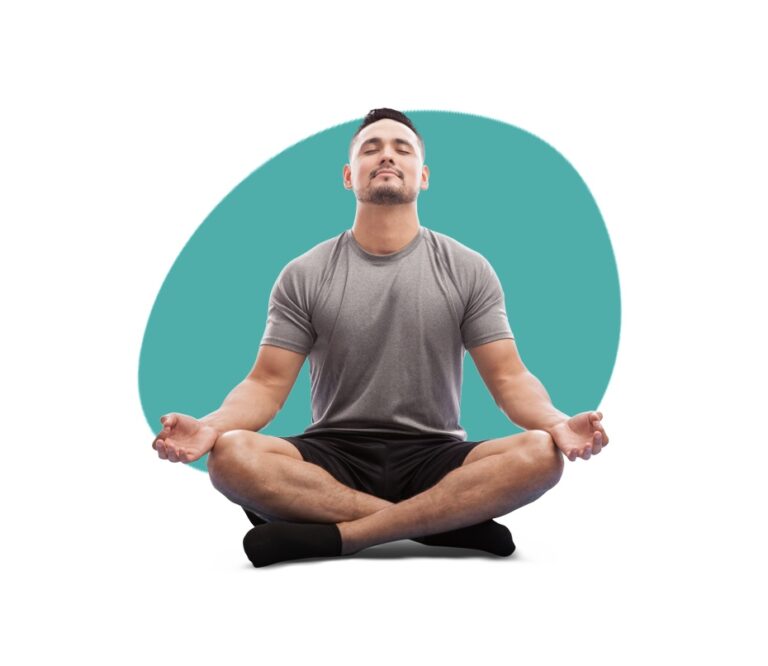
Like many others out there, you may confuse yoga and yoga therapy! Well, do no more. Let me introduce you the difference between yoga and yoga therapy in a nutshell.
As the literal translation of the word “yoga”, that is “union”, suggests, it brings together the mind and the body by using breath and postures. However, it is not limited to postures (asanas) and respirations (pranayama). It is a set of elements that make up the philosophy of yoga which is aimed at promoting each individual on the path of life.
Yoga is seen as a way to be in harmony with oneself, others, and the environment. This universal activity adapts to everyone, regardless of their physical conditions, age, or build.
So what is Yoga therapy? Yoga therapy, in turn, is a recovery program based on awakening the conscious level of the body. It prevents problems and diseases caused by disturbance of physical or psychological factors. It eliminates not only the symptoms of the disease but also the causes of the symptoms, which are often called karmic or psychological manifestations.
Yoga therapy is a process that empowers patients through holistic, non-invasive, and multidimensional practice with an ultimate curative goal of integrating mind, body, and spirit and creating a healthier lifestyle.
The difference between yoga and yoga therapy is that yoga is much broader than postures, and yoga teachers have different levels of experience and practice that allow them to share their knowledge with others and move them forward. While a yoga teacher is involved in teaching yoga techniques, a yoga therapist uses specific postures and specific techniques depending on the problems posed, as well as the abilities and characteristics of each person in order to reduce the very symptoms. Any patient should be taken as a whole within his/her environment, culture, workplace and lifestyle so that an adapted treatment plan can be offered to them, whether it is for reducing chronic pain, accelerating physical or psychological recovery, managing the symptoms of chronic disease, aging with good health, or improving flexibility and well-being. Hence, medical and psychological knowledge is essential for providing helpful and successful therapy.
“Yoga Therapy with Mounia has been for me a transformative experience of body mind and spirit. Mounia has a way to bring healing and peace just with her gentle presence. For months I experienced anxiety especially during the night which affected my sleep. Mounia’s expertise and guidance were a tremendous help for me to be able to manage my anxiety and have a good night of sleep.” – Sara. F.
Therapeutic yoga has a positive impact on everyone resulting in the prevention of problems or their solution, if they exist, as well as the improvement of one’s physical, psychological and mental health.
All in all, keep in view that yoga therapy can be used with patients who have:
Stress
Depression
Anxiety
PTSD
Schizophrenia
ADHD
Eating Disorders
Addiction
Autism
Postnatal Depression
Back Pain
Musculoskeletal problems
Diabetes
High Blood Pressure
Parkinson’s
Asthma
COPD
Cancer
Alzheimer’s
Multiple Sclerosis
Autoimmune Diseases
IBS
Obesity
Heart Disease
Insomnia
Arthritis
Osteoporosis